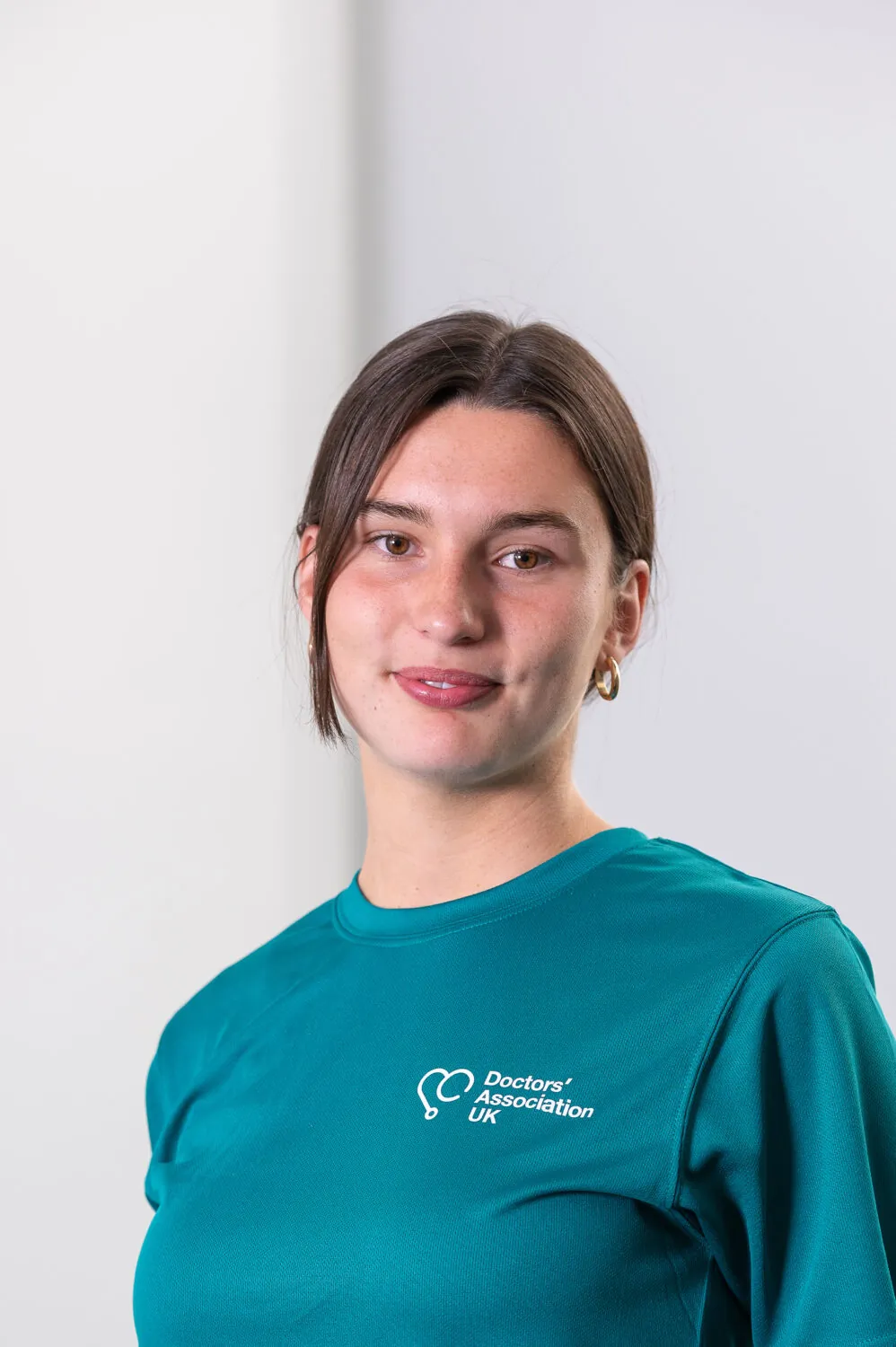DAUK has written an open letter to the GMC’s chair, Professor Dame Carrie MacEwen, and chief executive, Charlie Massey, on its guidance for supervision of physician associates and anaesthesia associates.
Dear Carrie and Charlie
DAUK, on behalf of our members and followers, appreciates the purpose of the recent GMC publication, which we understand sets out to support doctors supervising physician associates (PAs) and anaesthesia associates (AAs) by combining relevant sections of the professional standards we, as doctors, must adhere to.
We do, however, have some questions and concerns that we believe should be debated publicly – particularly given the publicity surrounding these allied health professions and the current legal challenge to the GMC’s regulation of PAs and AAs, namely the absence of a scope or limitations of practice for PAs and AAs, now being heard in the High Court before Mrs Justice Lambert.
We understand why you, the GMC, state that the formal leader of any team of health professionals looking after patients is accountable for the performance of the team and any PAs or AAs within it, but that the responsibility for identifying problems, solving them, and taking the appropriate action is shared by the team as a whole, for the benefit of patients.
Physician associates
The nature of the formal leader is not described, but later on you state that the named supervisor of the PA or AA will usually be a senior doctor – such as a consultant, SAS doctor, or GP – who will have a clear understanding of the competence, skills and experience of that PA or AA. In their absence, they (the supervisor) will work with the PA to communicate this to the doctor (presumed to be the formal leader or any other team doctor) who is responsible for overseeing the care of patients. This doctor will then be held accountable for any of the PA’s or AA’s actions, which you list as possibly including:
- taking medical histories from patients
- performing physical examinations
- diagnosing illnesses
- seeing patients with long-term chronic conditions
- performing diagnostic and therapeutic procedures
- analysing test results
- developing management plans
- providing health promotion and disease prevention advice for patients
You then state that should that PA or AA recommend a medicine for a patient, the supervising doctor (presumed also to be the formal leader or any other team member) must be satisfied that:
- the prescription is needed
- the prescription is appropriate for the patient
- the prescription is within the limits of their competence
- they have enough information to safely proceed
If any clarification is needed for any of the above, the doctor, named supervisor, or other member of the team is directed to watch a video prepared by NHS Employers on the role of PAs. It appears, then, that it is the role of NHS Employers – not the GMC – to determine what a PA or AA can do with and for patients.
Standards
If any further clarification is needed, it may be found in court. Mrs Justice Lambert recently opined that “the [GMC Good Medical Practice] guidance was developed in the knowledge of various concerns having been raised about the role of associates, which the defendant [the GMC] considered may be addressed by the holding of associates to the same high standards as doctors… It is true that the guidance does invite the reader to establish for themselves which standards were relevant to their specific circumstances; but this has always been the case with previous iterations of GMP which applied to doctors only. No one set of standards guidance will apply to all registrants irrespective of their clinical circumstances, whether doctor or associate”.
At DAUK, we believe we have a good understanding of what is required of doctors as they practise medicine, caring for millions of patients every day across many kinds of healthcare institutions. We do not, however, have a clear understanding of what is required of us should we find ourselves on a team which includes a PA or AA – whether or not their named supervisor is present.
More importantly, who is accountable should something go wrong?
Patient care
If there is a problem with the care of a patient, and that patient or a family member or another member of the clinical team reports an AA or PA to the GMC, what would happen? How would the GMC know what that PA or AA was trained and able to do? How would the GMC know if they had fallen below an – undefined – standard of care? How would the patient be protected?
Or is it the GMC’s intention to hold the supervising doctor responsible? Or the formal leader? Or any doctor on the team that day? Or NHS Employers?
Who bears the responsibility for that failure in care to the patient and their family?
If we don’t know, how do our patients know?
And if none of the above know, how does the wider public know?
It is wrong to think that many PAs or Aas come from a nursing or pharmacist background or similar and rely on that experience, the vast majority do not. Or to think the current type of PA or AA is one that was introduced 20 years ago, it is not.
Doctor roles
Another issue, not one that probably is the responsibility of the GMC, but why do these roles exist? Especially when we know the cost of creating and funding their regulation is already in the millions. There is no shortage of qualified and experienced doctors, but there is a shortage of jobs for them. While these individuals make a living driving Ubers or similar, those doctors in post find themselves stretched and stressed further by the required intense levels of PA and AA supervision.
We would welcome further guidance from the GMC and the courts on the exact nature of its regulation of PAs and AAs. Given the twists and turns of the convoluted supervisory pathway you have set out with no provision for scope, we ask; how can patients, their families, the doctors working alongside these roles, and the public, be confident that they are safe?
Doctors’ Association UK
Please support our work by contributing to our crowd funder or by becoming a member.




